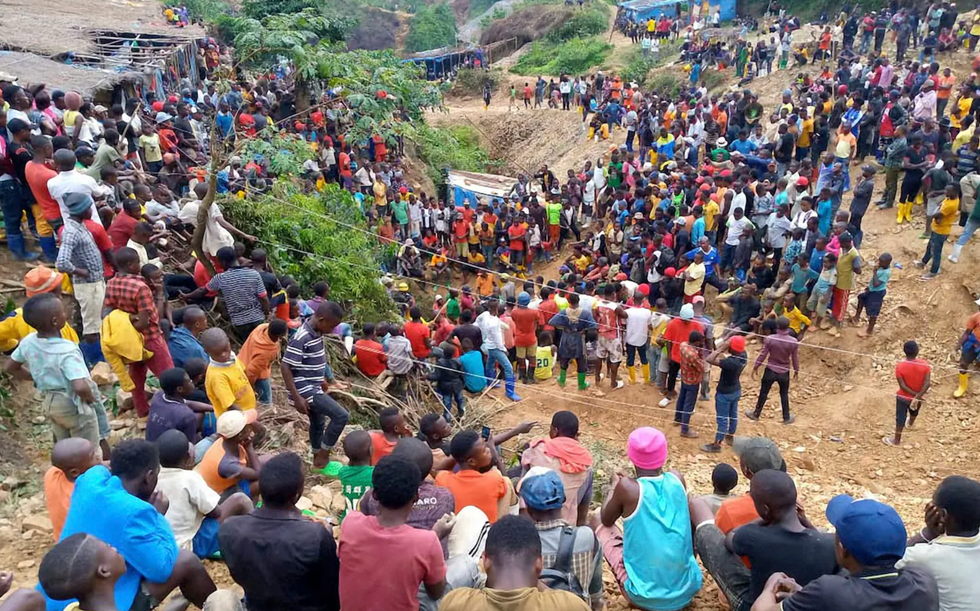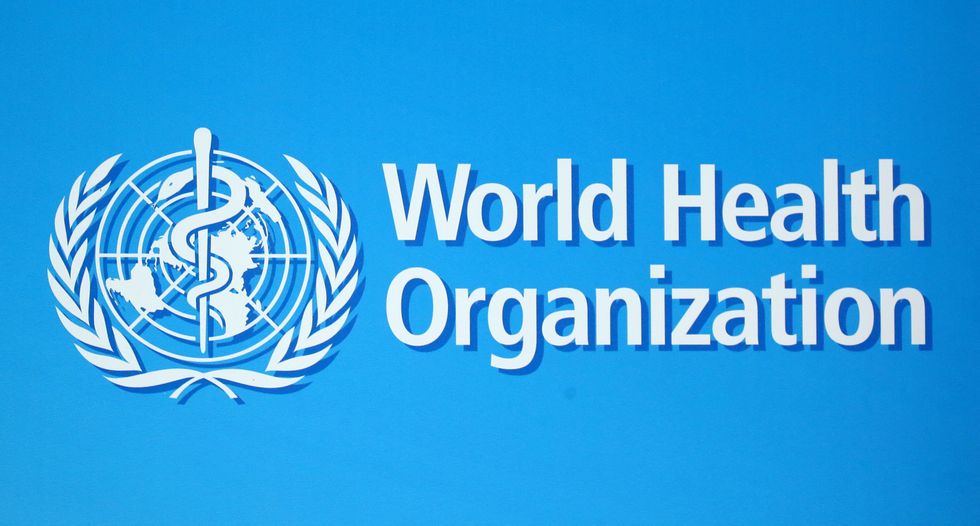‘Disease X’ outbreak fears as WHO dispatches rapid response team to investigate mystery illness
A mysterious illness dubbed “Disease X” has infected more than 400 people in the Democratic Republic of the Congo since October, prompting the World Health Organisation to deploy a rapid response team to the region.
The outbreak, centred in the Panzi health zone in southwest Congo, has baffled health officials as they work to identify the cause of the flu-like illness.
The WHO confirmed in a statement on Sunday that they are actively investigating the outbreak, which has particularly affected young children.
Patients have reported a range of symptoms including fever, headache, cough, runny nose, and body aches, according to the WHO.

More than half of the reported cases involve children under the age of five.
A 50-year-old man in Lucca, Italy, is suspected to have recovered from the illness after a business trip to Congo, Italian media outlet Il Tempo reported.
All severe cases have been found in individuals suffering from severe malnutrition, complicating efforts to identify the infectious source.
The WHO has reported 31 deaths linked to the outbreak, a significant revision from the 79 deaths reported last week.
The remote location of the affected area in Kwango province has complicated response efforts, with poor road conditions and heavy rains making access extremely difficult.
Health officials report it takes nearly 48 hours to reach the region from Kinshasa.
The true death toll may be higher, as many patients are believed to have died outside health facilities.
Health officials are investigating multiple potential causes for the outbreak, including acute pneumonia, influenza, Covid-19, measles and malaria, based on the observed symptoms.

The WHO noted that malaria, which is common in the area, may be causing or contributing to the cases.
“Laboratory tests are underway to determine the exact cause. At this stage, it is also possible that more than one disease is contributing to the cases and deaths,” the WHO said.
Limited diagnostic capabilities in the region have delayed identification of the underlying cause.
Response teams from WHO are actively working to treat patients while raising awareness about the outbreak within affected communities.
Teams are collecting samples for laboratory testing and conducting detailed clinical examinations of detected cases.
WHO officials are also investigating transmission patterns and actively searching for additional cases, both in health facilities and at the community level.
At least 10 new suspected cases and one additional death were reported on 6 December, bringing the total number of affected individuals in Panzi to 416.

